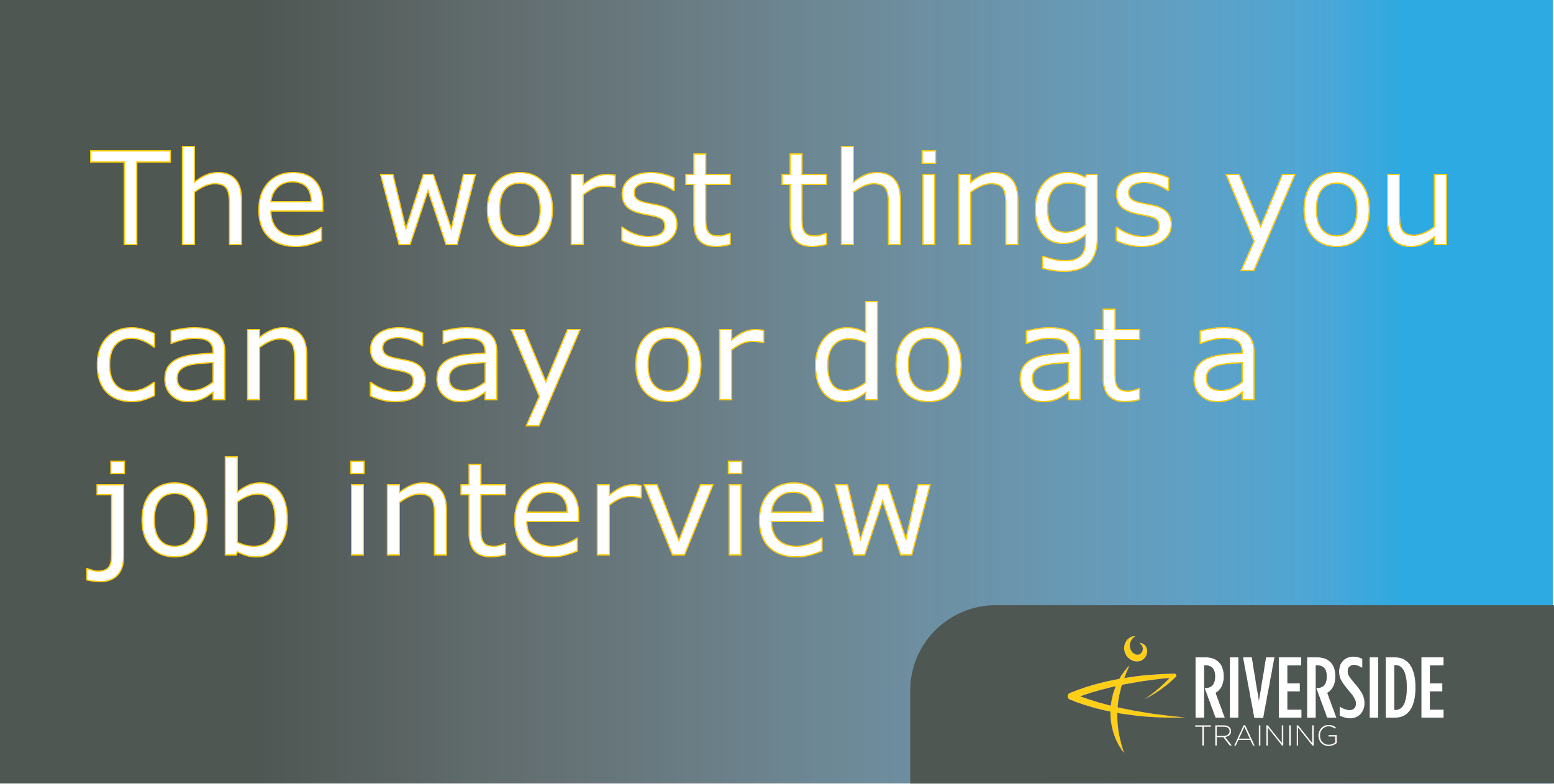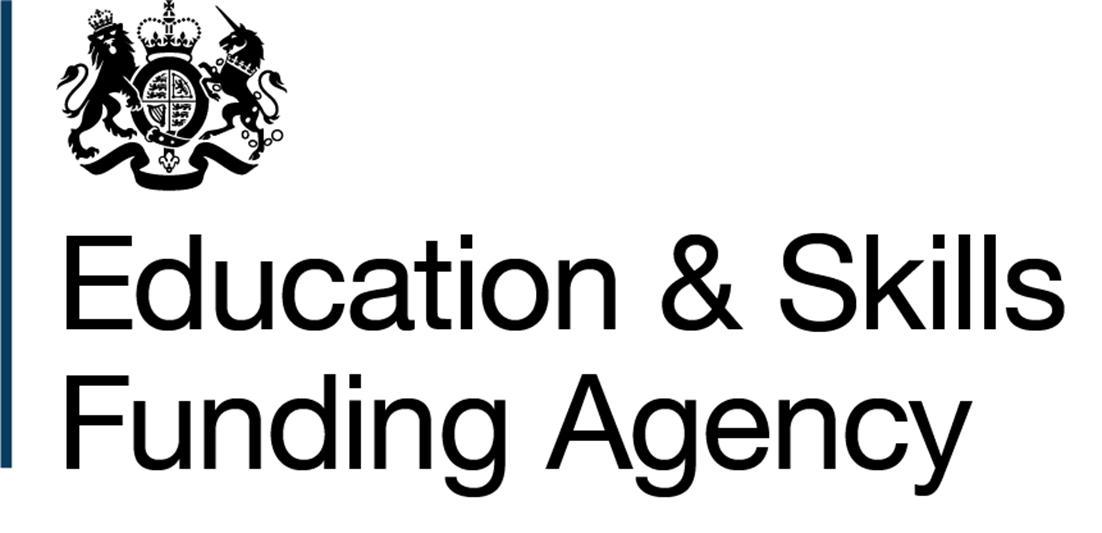The 12 Worst Things You Can Say And Do In A Job Interview
A job interview is fraught with angst. Let’s face it. Most of us dread job interviews and depending on how badly we want or need the job we’re interviewing for, our nerves can get the best of us. But, if you keep in mind the goal of the interview is for you to show the interviewers that YOU are the right person for the job and you keep your focus and prep on that objective, you can overcome your angst. When you prepare by reviewing this list of 6 things you should never say and six things you should never do in an interview, you are on the path to success.
6 Worst Things to Say in an Interview
“I don’t know.”While it’s certainly possible the interviewer will ask you a question you don’t know the answer to, there is a better way to respond in that situation than, “I don’t know” to help the interviewer understand how you deal with situations where you don’t know the answer. Answers that suggest you need to gather more information and insight by researching or asking other experts show how you solve problems and add value to the conversation.
“How much is the salary?” (or any variation that includes questions about the benefits package)Save the conversations about the specific salary of the position and the benefits package including vacation time to after a job offer has been extended. Too much emphasis in the interview on “what’s in it for you” will not leave the interviewer with a favourable impression.
“So, tell me about your company.”Job No. 1 of getting prepared for your interview is to research the company. You should know and will be expected to understand the basics of the company that anyone can glean from a Google search and a review of the company's website.
“I worked for a horrible company (or boss).”Your job interview is NOT the place to find someone to commiserate with you about your previous employer or boss. Since the interview is about YOU and what skills, experience and personality YOU will bring to the position you’re interviewing for, don’t bring the negativity about prior companies or bosses into the interview. Focus the conversation about how you benefited from the experience and what you hope to achieve in the future.
“I’m not sure I have the experience (or skills) you’re looking for.”It’s the interviewer’s job to determine if you have the skills or experience the company is looking for. Even if you are changing careers or are a recent graduate, focus on what you can do for the company, not your own reservations about your skill-set.
“Nope. I don’t have any questions.”You should always have questions at the conclusion of an interview. Asking questions shows your interest in the position and the company. When you do your pre-interview research, jot down at least two questions you’d like to ask about the position or the company. Keep these questions open-ended and avoid yes or no questions.
6 Worst Things to Do in an Interview.
Arrive lateThere’s virtually no excuse for arriving late to your interview appointment. First impressions are critical. Don’t let the interviewer make assumptions about your abilities by arriving late.
Wear inappropriate clothing
Even though many workplaces are casual, you should always dress professionally. It’s better to be overdressed than underdressed at an interview.
Use poor body languageSlouching and not making eye contact is unacceptable during an interview. Lean forward and look engaged and focus on the interviewer's questions.
Answer your phone or a textYour phone should be turned off. There are NO acceptable reasons to have your phone on during an interview, and it's entirely unacceptable to answer your phone or a text during the interview.
Be negativeAim for a neutral or positive demeanour during the interview. Not only are your skills and experience being evaluated, but interviewers are also trying to assess if you will fit in with the team. And there are few if any teams who wish to hire Danny Downers or Negative Nancy’s.
LieIf you need to fake your credentials or lie during the interview to get the job, do yourself a favour and accept the job isn’t the right fit for you.
This list might not make job interviews any more enjoyable, but it will help you be prepared for your next one.






